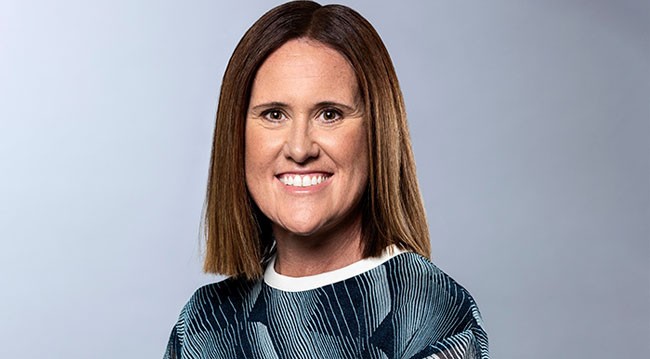COVID-19 decimated the arts and culture industry, but not-for-profit group Performing Lines turned adversity to its advantage by quickly adapting to change.
Before the pandemic, board meetings at the national not-for-profit Performing Lines, which produces and supports drama, dance and other theatrical performances, used to start with a familiar ritual. “We’d go around the table to talk about the shows that have challenged or inspired us and it was a really great way to start a board meeting,” says Robi Stanton, a director at Performing Lines and vice-president of international television distribution at Warner Bros Australia & New Zealand.
But as Australia approached shutdown in March, a key moment brought home the reality that the world had changed: when the directors fell silent, with no performances to discuss.
Related Articles
Oz Minerals chair Rebecca McGrath does things differently
Why gender diversity isn't the only diversity that matters
From mining to medical devices: ventilator breaths new life into business
Reflecting on 2020: where to now for international directors?
How humble groceries helped Coles Group boost performance during COVID-19
“There was this moment where we all just went, ‘Wow, this is our industry, this is sector-wide.’ It was almost like we had this moment of mourning where we said, ‘Okay, we have to move on to ensure not only our company’s survival, but also how we can support the sector,’” she says.
Like many other organisations, staff safety was the first priority for the Sydney-based Performing Lines — even before grappling with business continuity plans. “Our finance and audit committee went into overdrive with scenario planning around the postponement and cancellation of shows, and the impact on our 2021 plans and budgets.”
But there was a sense of equanimity because Performing Lines was well practised at coping with fast-changing conditions, short-term opportunities and turning adversity to advantage.
“As a board, we’re often having to be nimble, There have been opportunities for special-event funding or short-term touring openings, which we might decide to investigate — but we may deviate from the strategic plan,” says Stanton.
“Initially, our approach was that this was a problem that needed to be solved in a linear or chronological way, so we spent time discussing scenarios in terms of, ‘By July, venues might be open for up to 500 people and by December, they could be open at full capacity,” says Stanton.
“But then it became quite clear a few months in, that our approach needed to be geographical; that while some states were opening up, others were still in lockdown. We’ve never approached planning like that before.”

Performing Lines continues its work nationally despite restrictions in many regions and cities. For example, the world premiere of Sunshine Super Girl, about the life of Australian tennis legend Evonne Goolagong Cawley AC MBE, launched in regional NSW in October.
Meanwhile, in Queensland, Throttle, which replicated a drive-in theatre by having audience members watch the performance from inside their cars, was staged as part of the Brisbane Festival in September. Although the show was developed pre-COVID, it was eerily prescient in that it complied with social distancing requirements.
“The fact that we were able to stage both Throttle and Sunshine Super Girl gave us a sense that we can get through this — and audiences were adaptable, too,” says Stanton.
The new requirements also paved the way for different donor engagement methods, such as virtual events showcasing set construction or costume development. Stanton says there were other unanticipated benefits. For instance, like many directors who also hold down other executive positions, Stanton had taken up a new role as vice-president of international television distribution at Warner Bros Australia & New Zealand just before the shutdown and had to settle in with a new team on Zoom.
“In my day job, I’m still working from home at the top of the stairs as compared to last year, when I was away for work for 125 days,” she says. “It’s been wonderful to spend quality time with my family and, from a Performing Lines perspective, I’ve been more present because I’m not dialling in to board meetings from a hotel room and I’m not in a different time zone.”
The company’s eight-member board has had a more expansive role post-COVID, says Stanton. “Along with governance, we also viewed our role as the board to be hopeful and optimistic — supporting the leadership team at Performing Lines to pivot and feel comfortable pursuing new opportunities in this uncertain environment.
“New policies were also being developed that required approvals. We had to have a COVID Safe work-policy reading as soon as we went back into the rehearsal room and give input on that.”
Performing Lines CEO Marion Potts describes herself and her staff as “professional imaginers”, which Stanton believes is a great description for an organisation in which innovation is central to its purpose and vision.
“The role of the board has been to ensure the health of the organisation so that Marion and her team can continue to embrace experimentation and create inspiring and challenging works responding to this unique time,” she says.
Latest news
Already a member?
Login to view this content


